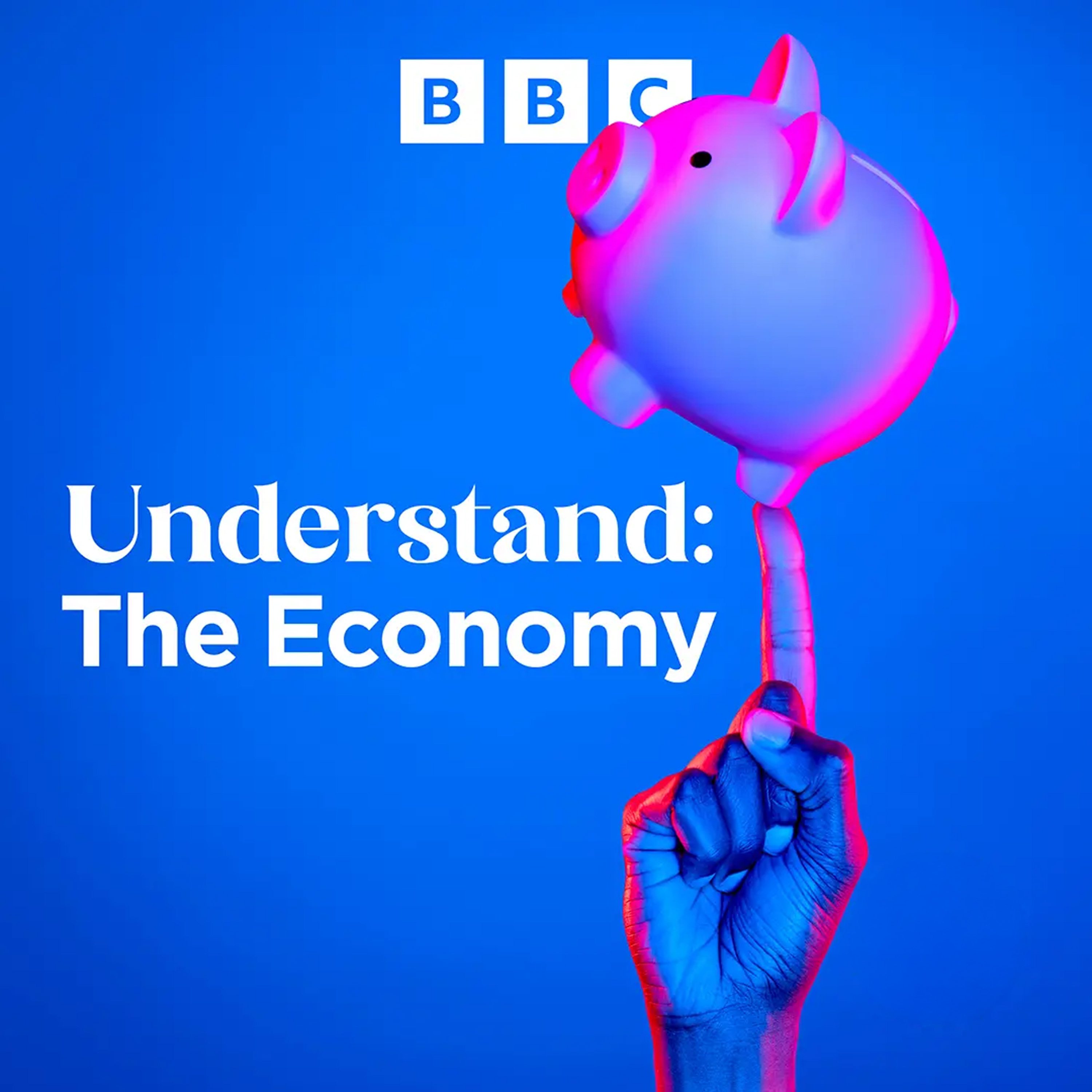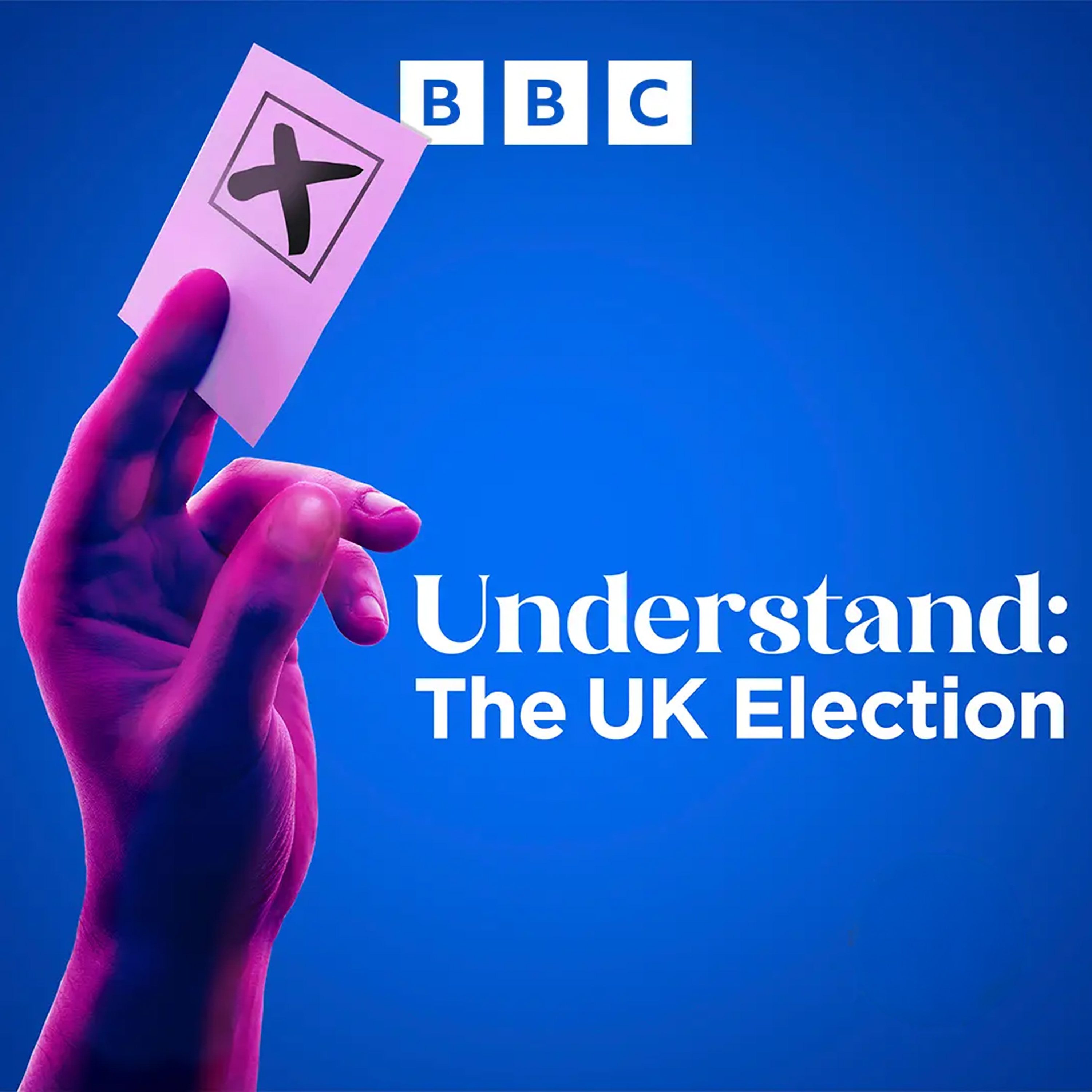The Economy: 10. Inequality
Why are the rich, rich and the poor, poor, and was it always this way? Tim Harford explains what’s happened to inequality over the last 100 years in the UK and why things might be better than you think. Economic historian Victoria Bateman explains the surprising effect The Great Plague had on income and gender equality.
Everything you need to know about the economy and what it means for you. This podcast will cut through the jargon to bring you clarity and ensure you finally understand all those complicated terms and phrases you hear on the news. Inflation, GDP, Interest rates, and bonds, Tim Harford and friends explain them all. We’ll ensure you understand what’s going on today, why your shopping is getting more expensive or why your pay doesn’t cover your bills. We’ll also bring you surprising histories, from the war hungry Kings who have shaped how things are counted today to the greedy merchants flooding Spain with Silver coins. So if your eyes usually glaze over when someone says ‘cutting taxes stimulates growth’, fear no more, we’ve got you covered.
Guest: Xiaowei Xu, Senior Research Economist at the Institute for Fiscal Studies
Producer: Phoebe Keane
Researchers: Drew Hyndman and Kirsteen Knight
Editor: Clare Fordham
Theme music: Don’t Fret, Beats Fresh Music
A BBC Long Form Audio Production for BBC Radio 4
Press play and read along
Transcript
Transcript is processing—check back soon.


